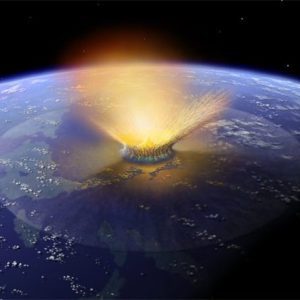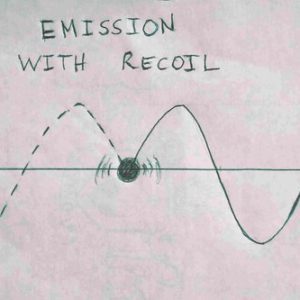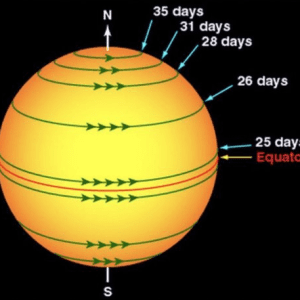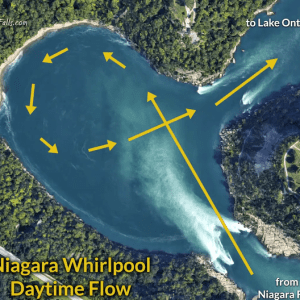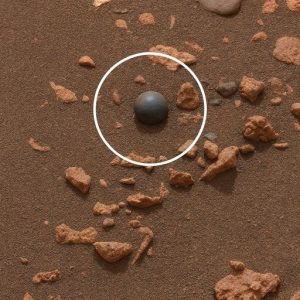We actually already have one of those! Though it’s a moon, not a planet.
And it only qualifies because of a loophole.

This is Europa. It’s a moon of Jupiter, and is just a bit smaller than Earth’s moon. The surface made of ice sheets, possibly with liquid water underneath. Above the ice, the moon is constantly being hit by deadly radiation (caused by its volcanic neighbor Io and Jupiter’s titanic magnetic field).
Its atmosphere is almost completely O2. But oxygen gas is very rare to find in the universe, so where does it come from? While the oxygen gas in Earth’s atmosphere comes from plants, Europa’s oxygen actually comes from radiation slicing into the ice, breaking the water into hydrogen and oxygen gasses (the hydrogen is lost to space).
But you still couldn’t breathe it. Why?
Because the atmosphere of Europa is still very very very very thin. The air pressure at the surface is about one billionth of that at Earth’s sea level. It barely qualifies as having an atmosphere at all.
That’s the loophole: you asked for a planet with a 99% oxygen atmosphere, which is a proportion. You didn’t ask about how much atmosphere is there in the first place.

